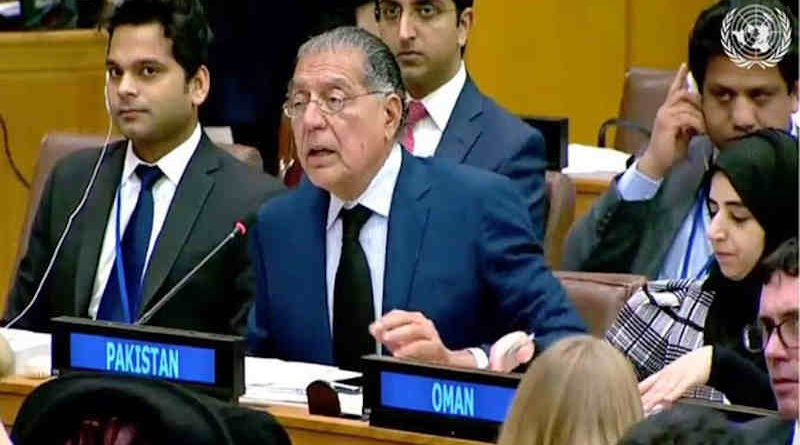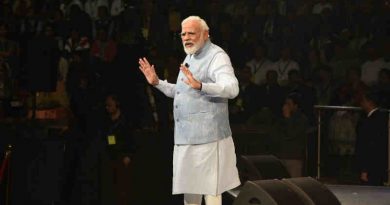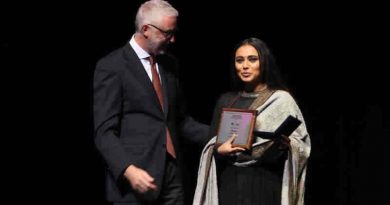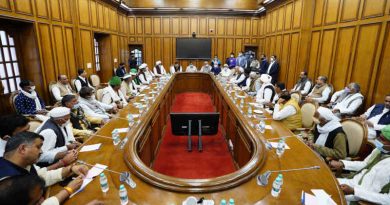India Is the Fountainhead of Terrorism in the Region: Pakistan
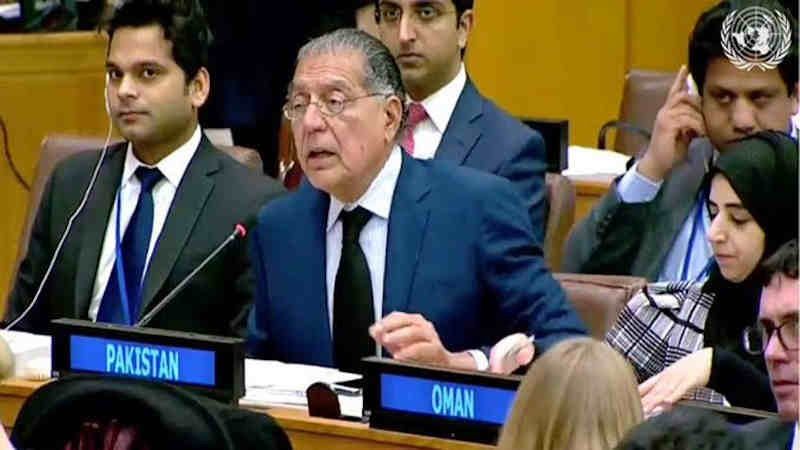
Most observers believe that now the dispute over Kashmir is not only between India and Pakistan, but China has also become a stakeholder and will soon become a formal party in the Kashmir conflict.
By Rakesh Raman
While India has been blaming the neighboring country Pakistan for spreading terrorism in India – particularly in Kashmir – now Pakistan has turned the tables on India with the same allegation.
Pakistan has said that India is the fountainhead of terrorism in the entire region and it has linkages with international terrorism and organized crime groups.
This assessment was given Friday (August 7) by Munir Akram, Permanent Representative of Pakistan to the United Nations in New York. He added that India is posing threats to international peace and security and Pakistan will expose India at the UN Security Council (UNSC).
“India is the fountainhead of terrorism in our region; Pakistan will continue to make all efforts to expose the ominous role of India at the UNSC on threats to international peace and security and its linkage between international terrorism and organized crime.”
India is the fountain head of terrorism in our region; Pakistan will continue to make all efforts to expose the ominous role of India @UNSC on ‘Threats to International peace and security: Linkage between international terrorism and organized crime ‘.
— Pakistan Permanent Representative to UN (@PakistanPR_UN) August 7, 2020
In an interview to the Newsweek published on August 7, Mr Akram added that Pakistan has evidence to show that India is sponsoring terrorism from Afghanistan into Pakistan.
“We have plenty of evidence indicated that India is sponsoring terrorism from Afghanistan into Pakistan; We have evidence, we presented the evidence, and we’re prepared to present more evidence”: My interview with Tom O’Connor @ShaolinTom @Newsweek
— Pakistan Permanent Representative to UN (@PakistanPR_UN) August 7, 2020
The tension between traditional rivals – India and Pakistan – has increased considerably during the past one year after India revoked the special status of Jammu and Kashmir (J&K) last year.
The Indian government headed by Prime Minister (PM) Narendra Modi had abrogated the special status of erstwhile state on August 5, 2019, and decided to bifurcate it into two Union Territories.
Modi government’s decision has irked Pakistan, which has stepped up its efforts to liberate the people of Kashmir – nearly 80% of them are Muslims – from the Indian rule.
Pakistan PM Imran Khan unveiled on Tuesday (August 4) a new political map which shows Jammu and Kashmir (J&K), Ladakh, and parts of western Gujarat as Pakistan territories, although traditionally they belong to India.
Pakistan’s decision to add the Indian territories on its map coincides with the first anniversary of the withdrawal of special privileges to J&K under Article 370. India had scrapped Article 370 on August 5 last year to end the special autonomous status given to J&K.
Although India has rejected Pakistan’s territorial claims, Imran Khan asserts that India’s action to withdraw special privileges of J&K under Article 370 was illegal. Pakistan calls it Indian Illegally Occupied Jammu and Kashmir (IIOJK) and observed 5th of August as 365 days of Indian military siege of J&K.
The international peace organizations – including the UN agencies – have been raising their concerns over extreme human rights violations in Kashmir which is occupied by the Indian soldiers who are not allowing the people of Kashmir to move freely.
Although Kashmir is a disputed territory between India and Pakistan, but it appears that Pakistan’s strong ally China has also started showing interest in Kashmir.
These days, China – which is one of the 5 permanent members of the UN Security Council – is intruding into various Indian territories. In their efforts to occupy the Indian land, in June the Chinese troops had killed 20 Indian soldiers deployed in the Galwan area of Ladakh region in western Himalayas.
Most observers believe that now the dispute over Kashmir is not only between India and Pakistan, but China has also become a stakeholder and will soon become a formal party in the Kashmir conflict.
By Rakesh Raman, who is a national award-winning journalist and social activist. He is the founder of a humanitarian organization RMN Foundation which is working in diverse areas to help the disadvantaged and distressed people in the society. He also creates and publishes a number of digital publications and research reports on different subjects. These publications include the “Covid Health Bulletin” that covers global coronavirus news and views.


